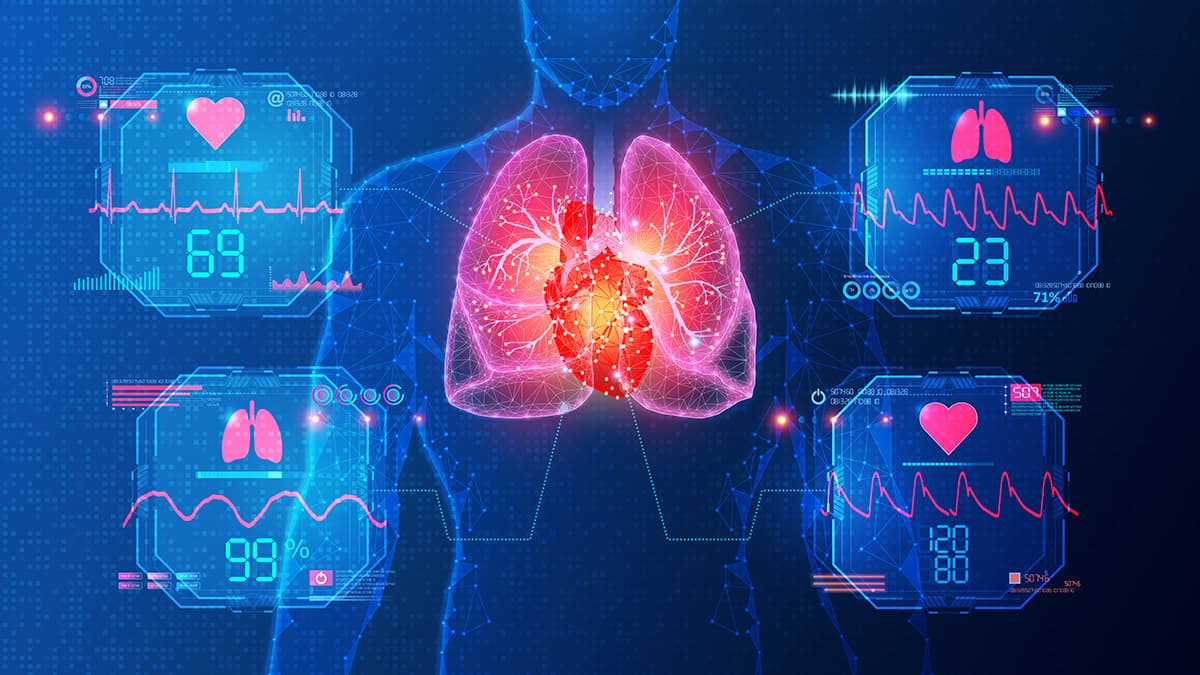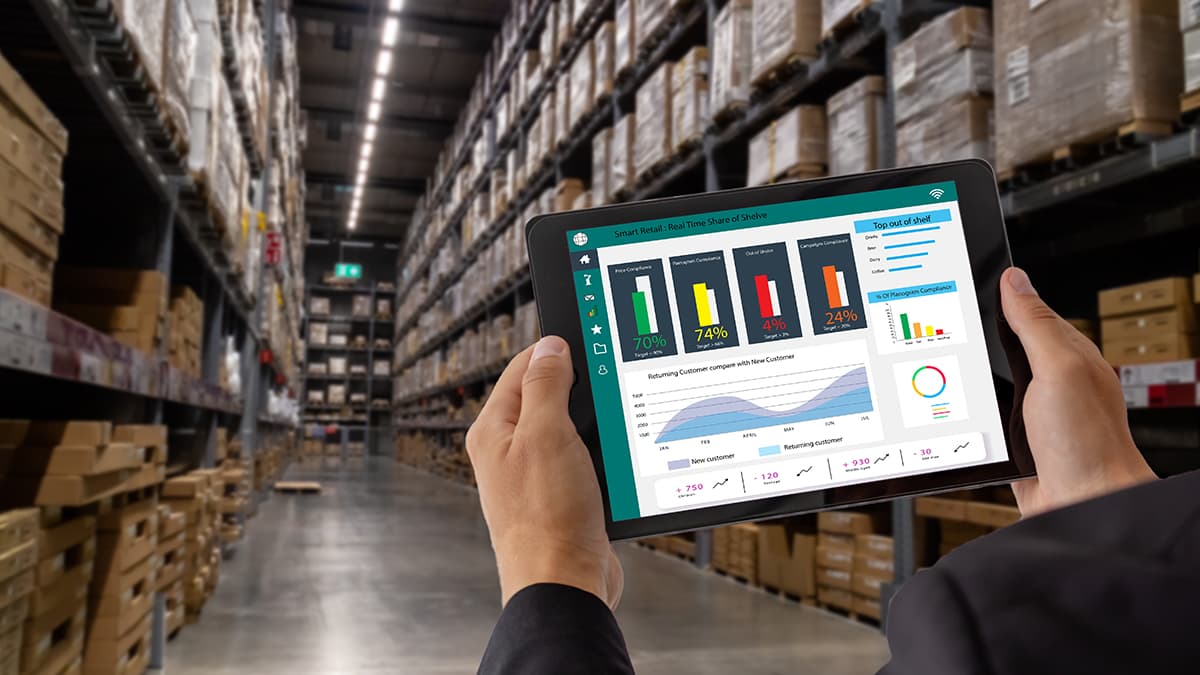
In the context of the enduring global health challenges, the significance of proactive In the midst of global health challenges, the significance of preventive healthcare has become increasingly evident. From managing persistent ailments to anticipating potential health risks, proactive healthcare initiatives are pivotal in fostering a healthier and more robust populace. As chronic diseases surge to alarming levels and the specter of new pandemics looms, the transition to preventive healthcare is not just preferable but indeed indispensable.
The ongoing technological evolution in the healthcare sector, driven by cutting-edge technologies such as the Internet of Things (IoT), Artificial Intelligence (AI), Machine Learning (ML), and more, envisions healthcare not only as a means of treating illnesses but also as a promoter of sustained well-being. Witnessing the convergence of various disciplines, including IoT and telemedicine, the realm of the Internet of Medical Things (IoMT) is taking shape. This amalgamation has emerged as a powerful instrument in the digital transformation of healthcare, especially within the domain of preventive healthcare.
Predictive Analytics for Disease Risk Assessment:
Predictive analytics, fueled by advanced algorithms and big data, play a pivotal role in assessing an individual's risk of developing specific diseases. By analyzing diverse data points, including genetic predispositions, lifestyle choices, and environmental factors, predictive analytics can provide personalized risk assessments.
The development and implementation of the Framingham Risk Score, a widely used algorithm, exemplify the application of predictive analytics in preventive healthcare. This score calculates an individual's risk of developing cardiovascular diseases over a set period, based on factors such as age, gender, cholesterol levels, blood pressure, and smoking status.
Personalized Medicine and Treatment Plans:
Through the analysis of large datasets, including genomic information, patient history, and treatment outcomes, AI can identify the most effective treatment options for specific individuals. The success of the National Cancer Institute's Molecular Analysis for Therapy Choice (NCI-MATCH) trial highlights the significance of personalized medicine in cancer treatment. By employing genomic profiling and AI-driven analysis, the trial matches patients with specific genetic alterations to appropriate targeted therapies, enhancing treatment efficacy and reducing unnecessary adverse effects.
_(1)_1697527401.jpeg)
Wearable Devices and Remote Monitoring:
By collecting real-time data, wearable devices facilitate early detection of anomalies and deviations from baseline health parameters. AI algorithms can analyze this data to identify patterns, detect potential health risks, and alert healthcare providers and patients to take necessary preventive actions. Trough a collaboration between the University of California, and Cardiogram, researchers leveraged data from consumer wearables like Apple Watches, and created an AI-based algorithm that can detect atrial fibrillation, a leading cause of stroke.
Population Health Management:
By analyzing population-level data, healthcare organizations can develop targeted preventive healthcare strategies, such as vaccination programs, health education initiatives, and policy interventions, aimed at reducing the prevalence of infectious diseases and chronic conditions within the population.
The city of Chicago and the health technology company ConsejoSano have joined hands for designing targeted healthcare programs by analyzing demographic data, health records, and social determinants of health and identifying at-risk populations.
Early Diagnosis and Prognostic Insights:
AI-powered diagnostic tools can analyze medical imaging, genetic markers, and clinical data to identify subtle abnormalities and predict disease progression. IBM Watson's Oncology platform has made significant strides in early cancer diagnosis and treatment planning. By processing vast amounts of medical literature and patient data, the AI system assists oncologists in identifying potential treatment options and predicting patient outcomes.
The integration of analytics and AI in preventive healthcare has ushered in a new era of personalized, data-driven healthcare, fostering proactive health management, and improving health outcomes on both individual and population levels.
As the capabilities of analytics and AI continue to evolve, the future of preventive healthcare appears promising, offering the potential to transform healthcare systems and enhance the quality of life for individuals worldwide.
Want to start a project?
Get your Free ConsultationOur Recent Blog Posts

© 2025 CSM Tech Americas All Rights Reserved






















































































































